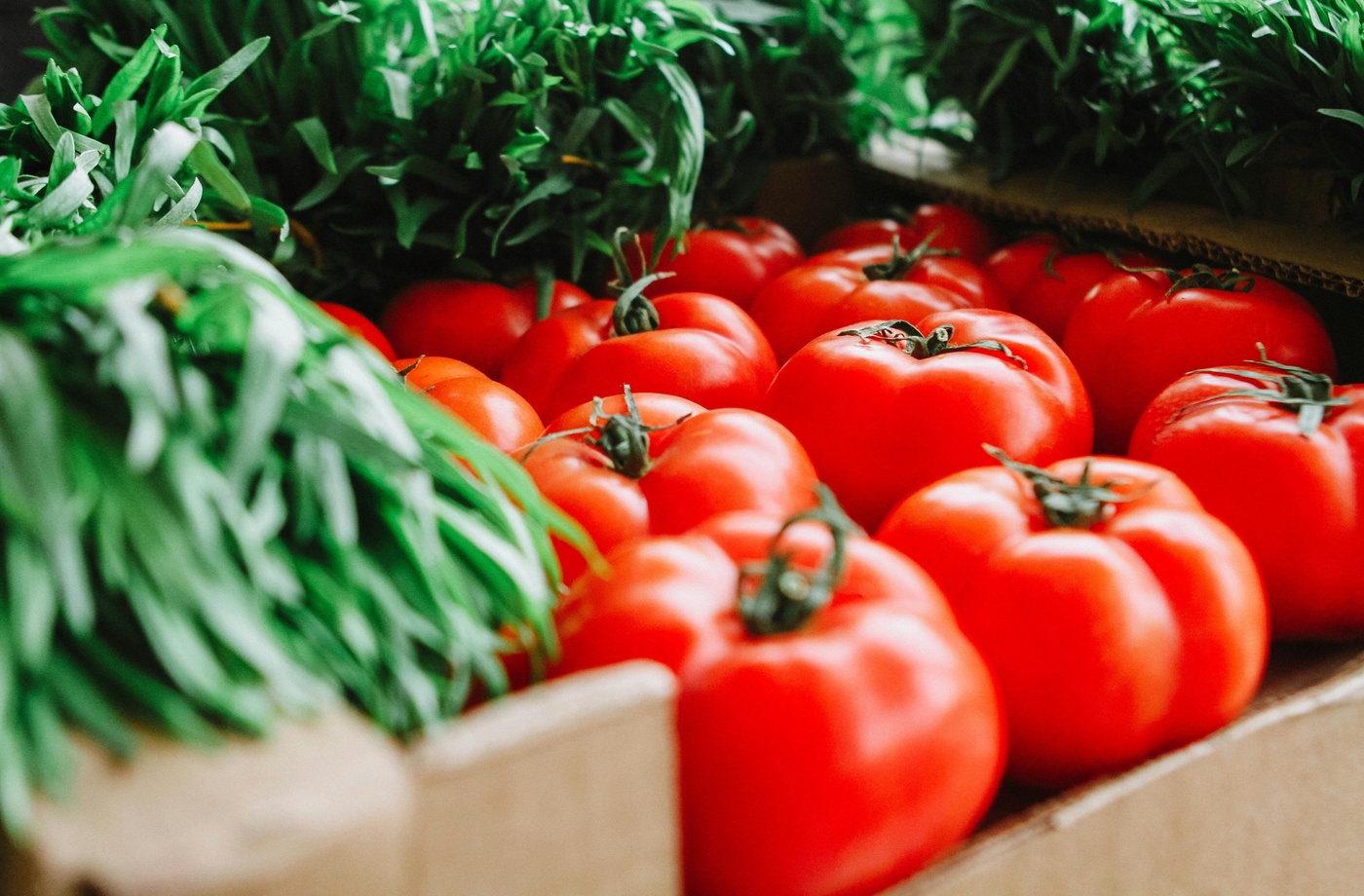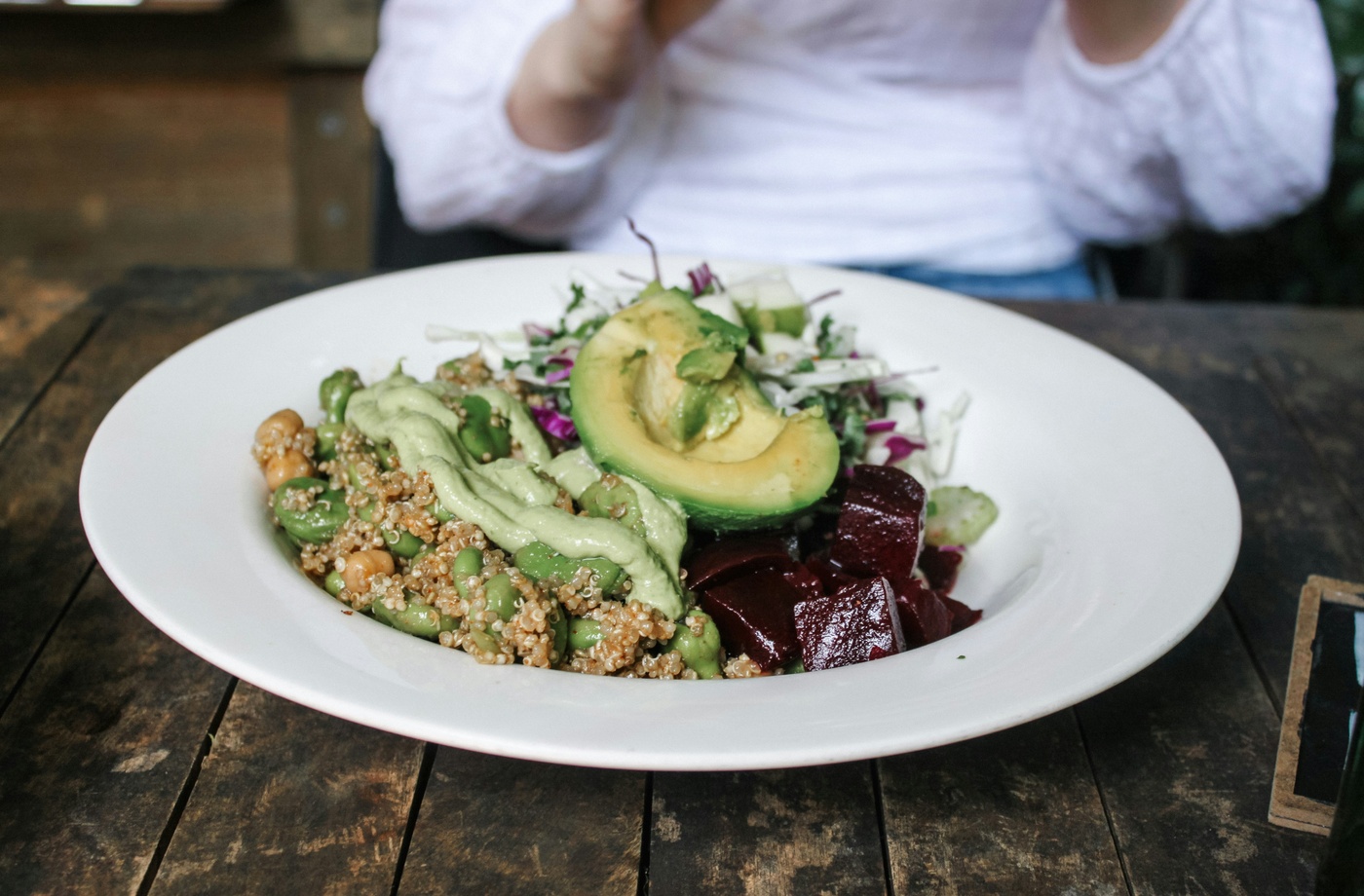Strolling through the grocery aisle, you’ve likely seen packages labeled “organic,” “non-GMO,” or “natural.” These terms are often used to signal healthier or more sustainable choices—but what do they actually mean? Understanding food labeling is key to making purchases that align with your health goals and ethical values. Here’s a clear breakdown of the most common food label claims and what they really signify.
- What Does “Organic” Mean?
The USDA Organic label is the gold standard for organic food in the United States. Products bearing this seal must meet strict criteria set by the U.S. Department of Agriculture, including:
- No synthetic pesticides or herbicides
- No genetically modified organisms (GMOs)
- No antibiotics or synthetic hormones (in meat and dairy)
- Animals raised in living conditions that accommodate natural behaviors
The label can appear in a few forms:
- 100% Organic: Every ingredient is certified organic.
- Organic: At least 95% of ingredients are organic.
- Made with Organic Ingredients: At least 70% of ingredients are organic.
- What Is the “Non-GMO Project Verified” Label?
The Non-GMO Project Verified seal indicates that a product was produced without genetic engineering and that best practices were used to avoid GMO contamination. It is regulated by a third-party nonprofit organization called the Non-GMO Project.
This label is particularly helpful for products that aren’t certified organic but are still free of genetically modified ingredients. However, it doesn’t guarantee that other synthetic substances weren’t used during production.
- What About “Natural”?
Unlike “organic” or “non-GMO,” the term “natural” is not tightly regulated. According to the FDA, “natural” typically means that nothing artificial or synthetic has been added—but it doesn’t account for production methods, pesticide use, or GMOs.
In short: “natural” may sound appealing, but it doesn’t carry the same weight or verification as “organic” or “non-GMO.”
- Other Helpful Certifications to Know
- Fair Trade Certified: Ensures ethical labor practices and fair wages for farmers and workers.
- Certified Humane: Focuses on animal welfare standards.
- Rainforest Alliance Certified: Supports sustainable agriculture and biodiversity.
How to Shop Smarter
When in doubt, prioritize certifications that are verified by third parties and aligned with your values. For organic and non-GMO groceries, consider retailers like Thrive Market or Whole Foods Market, both of which maintain strict quality sourcing standards. You can also earn cashback at Whole Foods with Fluz to save while eating clean.



